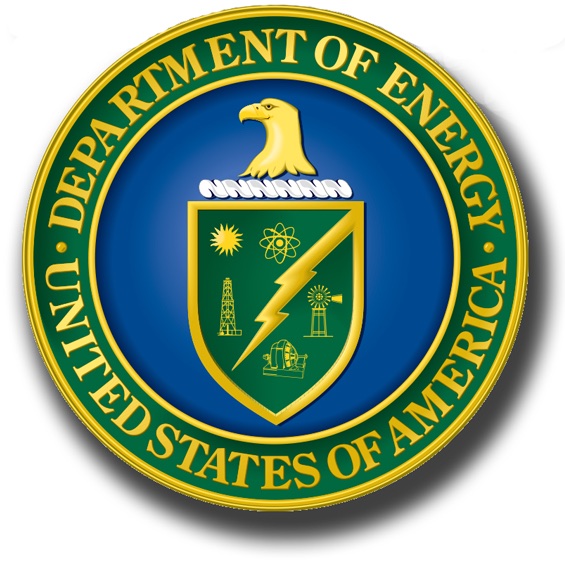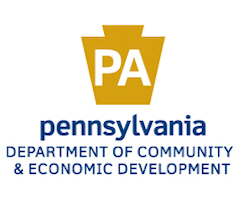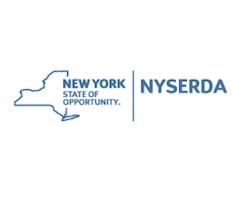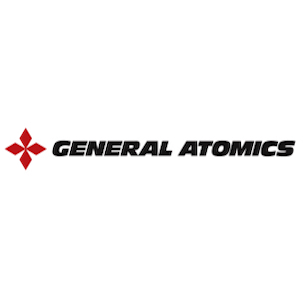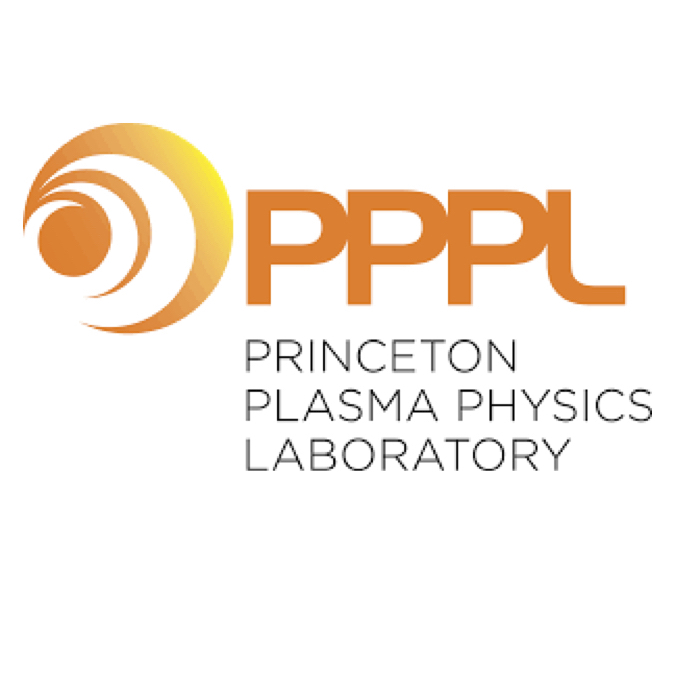Model-based Feedback Control Design Towards Robust Realization and Sustainment of Advanced Scenarios in EAST
Z. Wang, E. Schuster, X. Song, T. Rafiq, Y. Huang, Z. Luo, Q. Yuan, J. Barr, W. Choi, C. Holcomb, D.A. Humphreys, A. Hyatt, M.L. Walker, W.P. Wehner
Division of Plasma Physics (DPP) Annual Meeting of the American Physical Society (APS)
Spokane, WA, USA, October 17-21, 2022
The safety factor profile plays a critical role in the achievement of
advanced tokamak scenarios, which are characterized by high confinement
and the non-inductive sustainment of the plasma current necessary for
steady-state operation. In order to satisfy magnetohydrodynamic stability
constraints and performance requirements, the shaping of the safety
factor profile usually needs to be complemented by tight control of
other plasma kinetic scalars such as the plasma internal energy or the
normalized β. Thus, model-based off-line (Liner-Quadratic-Integral (LQI)
Control) and on-line (Model Predictive Control (MPC)) optimal feedback
controllers have been developed to regulate the safety factor profile
at different spatial locations, or a function of the spatial integral
of this profile such as the plasma internal inductance, in combination
with a set of plasma kinetic scalars. These control algorithms, which
actuate the plasma current, the plasma density, the low-frequency
(2.45 GHz) and high-frequency (4.60 GHz) lower-hybrid-wave powers, and
the individual neutral-beam-injection powers, have been recently
implemented in the EAST Plasma Control System (PCS) and tested experimentally.
The to-be-reported experimental results show significant progress towards
robust scenario control in EAST.
*Supported by the US DOE under DE-SC0010537.

